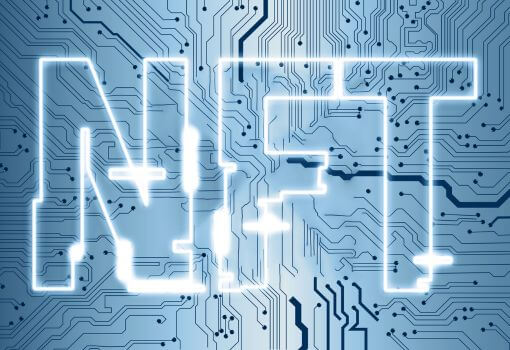Introduction
In the world of digital assets, a new term has been making waves – NFTs, or Non-Fungible Tokens. These unique digital tokens have captured the attention of artists, collectors, and investors alike. But what exactly are NFTs, and why are they gaining so much popularity? In this comprehensive article, we will delve into the depths of NFTs, exploring their definition, characteristics, and the impact they have on various industries.
Defining NFTs
NFTs are digital tokens that represent ownership or proof of authenticity of a unique item or piece of content, such as artwork, music, videos, or virtual real estate, on a blockchain. Unlike cryptocurrencies such as Bitcoin or Ethereum, which are fungible and can be exchanged on a one-to-one basis, NFTs are indivisible and unique. Each NFT possesses distinct properties, making it irreplaceable and easily verifiable.
Characteristics of NFTs
Uniqueness: Every NFT is one-of-a-kind, carrying distinct attributes that differentiate it from other tokens. This uniqueness is crucial in establishing value and scarcity within the digital realm.
Ownership and Authenticity: NFTs provide a digital certificate of ownership and authenticity, serving as a digital signature tied to the creator’s identity and stored on a blockchain. This feature assures buyers that they possess an original and legitimate item.
Immutable and Traceable: NFT transactions are recorded on a blockchain, ensuring transparency and immutability. This permanent record allows for easy verification of ownership and transaction history, reducing the risk of fraud or counterfeiting.
Smart Contracts: NFTs are often associated with smart contracts, which are self-executing agreements that automatically facilitate the sale, transfer, or licensing of the digital asset. These contracts enable creators to earn royalties each time their NFT is resold, providing a potential ongoing revenue stream.
Applications of NFTs
NFTs have gained significant traction across various industries due to their unique properties and potential for innovation. Let’s explore some of the exciting applications of NFTs in today’s digital landscape:
Art and Collectibles
NFTs have revolutionized the art world, providing artists with new avenues to monetize their creations and connect directly with their audience. Artists can tokenize their artwork as NFTs, selling them on digital marketplaces or participating in auctions. Collectors, in turn, can purchase and own these digital artworks, appreciating the value and uniqueness they represent.
Gaming and Virtual Real Estate
NFTs have found a natural home in the gaming industry, allowing players to own and trade in-game items, characters, and virtual real estate. Players can purchase NFTs that grant them exclusive access to certain features or content within a game. This ownership fosters a sense of rarity and value, enhancing the gaming experience and potentially creating new economic ecosystems within virtual worlds.
Music and Media
Musicians and content creators are embracing NFTs to monetize their music, videos, and other digital media. By tokenizing their work, artists can sell limited editions or unique experiences directly to fans. NFTs provide a new revenue stream for creators, allowing them to retain ownership and control over their content while engaging with their audience in innovative ways.
Sports and Collectibles
Sports memorabilia has taken a digital twist with the advent of NFTs. Fans can now own and trade digital collectibles representing iconic moments, player cards, or exclusive fan experiences. NFTs have opened up a whole new market for sports enthusiasts, fostering engagement and interaction in the digital realm.















More Stories